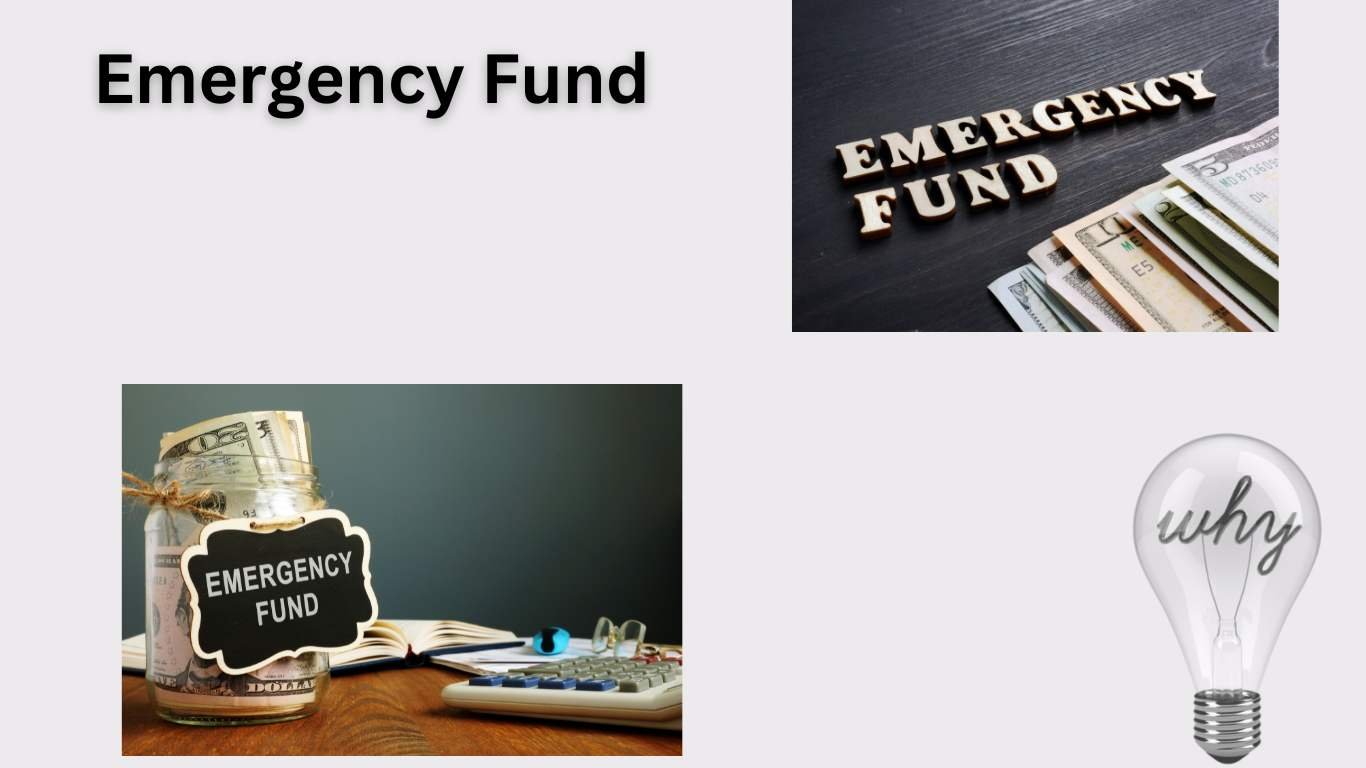Why an Emergency Fund is Essential for Financial Protection?
Swati Mandana
. 3 min read
The phrase "emergency fund" already gives away its function, as it refers to the money that you put away specifically for unexpected expenses and problems that may arise in the future. You put aside a small amount of each paycheck so that you have some savings available in case you ever find yourself in a difficult financial situation. Unpredicted occurrences can result in unplanned expenditures, which can leave you short of funds at an inopportune moment. Astute investors and developers know that the best way to navigate times of financial upheaval and scarcity is to set aside some of their assets for use in emergency situations.

Why should one establish an Emergency Fund?
An Emergency Fund is essential to have in place to provide financial protection in the event of a crisis, which can manifest in a variety of different ways. It could happen at any time and in any quantity. A contingency fund is an absolute necessity if you want to protect yourself and the people who rely on you from unforeseen events. It is imperative that we always plan for our losses, not our profits!
How to Establish a Fund for Emergencies?
You should establish an Emergency Fund in order to be prepared for any sudden or unforeseen expenditures. This will prevent you from having to dip into your savings or investments in the future. When planning a budget for your emergency savings, you should give some thought to how much money you need to put away each month in order to maintain a comfortable lifestyle.
Advantages of Having an Emergency Fund
Encourage saving behavior:
It not only motivates people to save money, but it also lessens the temptation for people to spend their money on unnecessary items like televisions and video game consoles. It is possible for certain events to cause stress, such as problems with a car, the unexpected loss of a job, or the need for home repairs. People are willing to expose themselves to significant dangers without providing themselves with any sort of safety net to protect them from the outcomes of possible scenarios.
Things Get Rolling:
Putting together a contingency fund can be as easy as transferring money from your checking account to your savings account. This is one of the most basic steps in the process. When you first get started, the convenience factor is a very important consideration. When the time comes and your savings have increased, you will be able to search for a bank account that offers a respectable rate of interest on your funds.
Characteristics that ought to be present in an Emergency Fund
A savings account designated specifically for use in unexpected circumstances is known as an emergency fund. You could construct it with the extra money you receive from your income or tax refunds. The following are some essential components that should always be included in an emergency fund:
Establish a Target for Your Emergency Fund:
Before you do anything else, you need to make a decision about how much money you want to have in your emergency fund in, say, six months' time. After you have made that determination, as was mentioned earlier, divide it up into manageable chunks. Choose a specific number for each week or month; whichever is simpler for you to keep track of is the one you should go with.
In Order to Pay for Costs Associated with Unexpected House Repairs:
Repairs and maintenance must be performed on all of the assets that we own on a regular basis; however, emergency repairs to your home may be required in the event that it has been damaged by fire or water. While it is possible that homeowner's insurance will pay for these costs, the policy you have may contain certain exclusion clauses that mean you will have to pay for them out of pocket.
Conclusion
The majority of people in today's world work hard to achieve economic autonomy at a more youthful age. They want to be able to retire in their forties without worrying about how they will meet any of their financial obligations. If you haven't already begun, make the year 2022 the one in which you start the process of putting together an emergency fund for yourself.
More Stories from
Unveiling the Top Healthcare Careers: Roles, Qualifications, and Rewards
This article emphasizes the fulfilling nature of healthcare careers and highlights the importance of continuing education in the field.
Cardiac Experts: Best Advice for Maintaining a Healthy Heart
This article emphasizes the importance of taking care of your heart and provides practical tips to reduce your risk of developing heart diseases.
Advancements in Medical Technology: Improving Healthcare Access
Embrace the future of healthcare with these advancements, fostering a more inclusive and accessible healthcare system for all.
Cognitive Enhancers: The Ethics and Implications of Brain-Boosting Drugs
Explore the ethics and implications of cognitive enhancers, also known as "smart drugs," that promise improved cognitive abilities.
The Versatile Guava: A Fruit with a Multitude of Uses
From its delightful taste in culinary creations to its potent health benefits and skincare properties, guava has become a beloved fruit worldwide.











.png?width=40&aspect_ratio=1:1)
